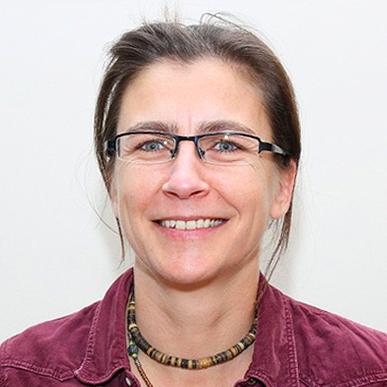More about HUMA African Epistemologies Advanced Seminar Series
HUMA African Epistemologies Advanced Seminar Series
Speaker: Veli Mitova (University of Johannesburg, South Africa)
Introduction: What would happen to our notion of expertise if we took seriously decolonial theorists’ insight that former colonial subjects continue to be epistemically marginalised and illegitimately stripped of epistemic authority? We should revise our accounts of expertise, I argue in this talk. The argument has three steps. First, I show that the experts of the epistemically marginalised (e.g., traditional healers) are indeed experts: they meet core conditions for responsibly placed trust in scientific experts. Second, I show that existing accounts of expertise cannot accommodate this claim. For instance, a traditional healer arguably meets neither the truth-condition nor the recognition-condition on expertise commonly posited in the literature. Finally, I sketch a view of expertise—what I call communitarian functionalism—that accommodates the thought that the experts of the marginalised are indeed experts. Very roughly: a person counts as an expert in domain D in virtue of (i) her role in her epistemic community, (ii) the needs of this community regarding D, and (iii) whether she responsibly lives up to this role. If the argument works, it helps us make progress both in the epistemology of expertise and with the project of epistemic decolonisation.

About the speaker: Veli Mitova is a Professor of Philosophy and the Director of the African Centre for Epistemology and Philosophy of Science (ACEPS) at the University of Johannesburg, South Africa. She is also the South African team leader for The Geography of Philosophy Project and a principal investigator for the Epistemic Injustice, Reasons, and Agency project funded by a British Academy Newton Advanced Fellowship. Veli works at the intersection of epistemology, ethics, and social epistemology. At the moment, her focus is on epistemic injustice, decolonising knowledge, and the ways in which phenomena such as white ignorance should make us rethink central normative-epistemology concepts like epistemic risk, blame, and responsibility. She is the author of Believable Evidence (Cambridge University Press (CUP), 2017), the editor of Epistemic Decolonisation (Philosophical Papers, 49(2), 2020) and The Factive Turn in Epistemology (CUP, 2018). Before joining the University of Johannesburg in 2015, Veli taught and researched at Universität Wien, Austria, Universidad Nacional Autonoma de México, Rhodes University, South Africa (her alma mater) and Cambridge, UK, where she obtained her PhD.
